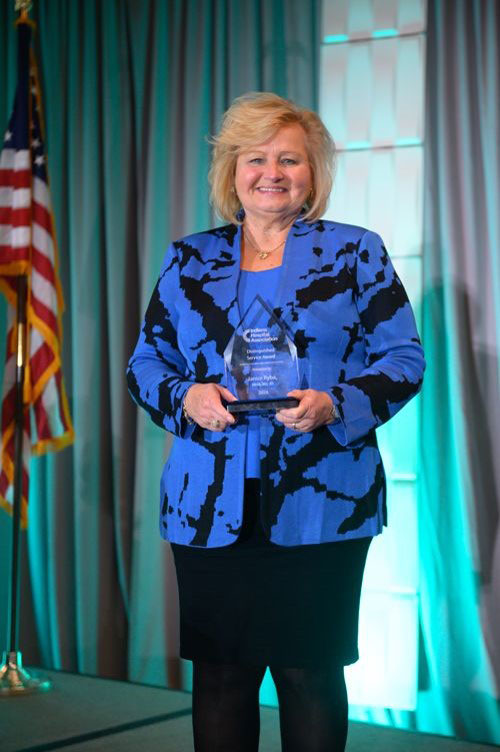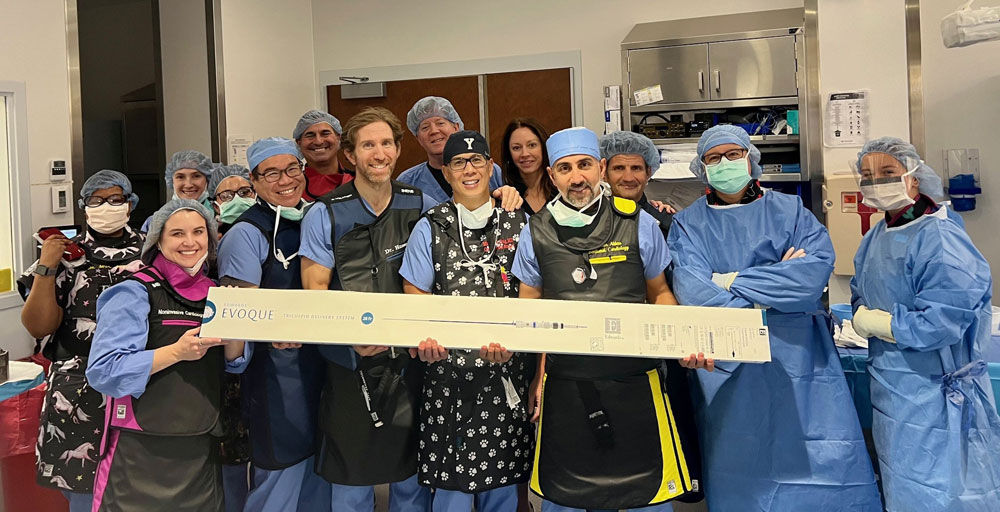
For years, Rose Bailey lived with a heart valve condition that made it difficult for her to move at a fast pace. As a result, she admits she has become a bit of a bookworm and prefers quieter activities like reading and completing puzzles.
“I like to complete a lot of different word challenges and searches such as seek and find puzzle books and read,” Bailey says, who is now 72 years of age and living in Chicago. “I would be reading a book, but the next thing you know, I would fall asleep.”
Bailey’s fatigue was related to her slow heart rate. Wanting to help find the best solution for Bailey’s heart, her relatives made an appointment with Cardiac Electrophysiologist Wassim Ballany, MD, on staff at Community Hospital, Munster.
Slow heart rates due to electrical failure in the heart are treated with pacemakers. Ballany told Bailey she would be first in Northwest Indiana to get a very special pacemaker, one that requires no incision or skin pocket and has no lead. The device also is MRI safe.
“I knew this tiny pacemaker was a big deal with all the attention I was getting before, during and after the procedure,” says Bailey. “Dr. Ballany was very good and explained everything and answered all my questions. All of my care was excellent.”
The new FDA-approved Medtronic Micra™ leadless pacemaker is the world’s smallest pacemaker designed to treat Bailey’s condition, called bradycardia or slow heartbeat. Comparable to the size of a large everyday vitamin, the Micra Transcatheter Pacing System does not require a surgical incision or the creation of a pocket under the skin or the use of leads to deliver pacing therapy. Unlike many other pacemakers, the Micra is approved for safe use with MRI technology.
For more information about the Micra Transcatheter Pacing System, visit comhs.org/heart.


